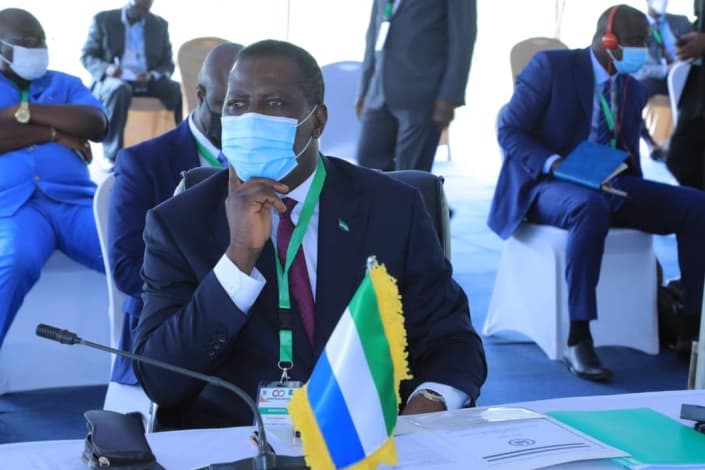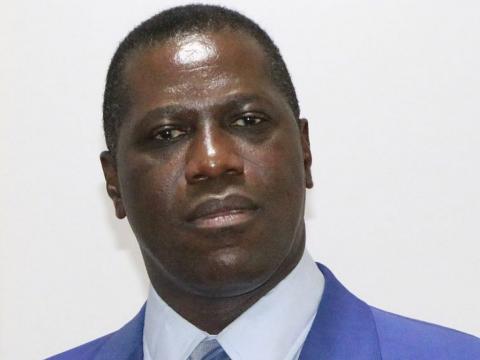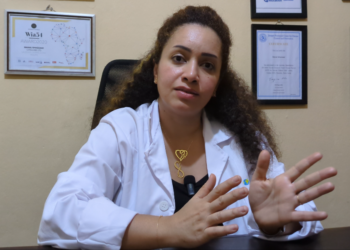Africa must continue speaking in one voice in its desire for reforms within the United Nations Security Council (UNSC), Sierra Leone’s Foreign Minister Prof. David Francis has said, as the continent renews its bid for more say in the global body.
Francis, who was speaking at the African Union (AU) Committee of Ten (C-10) Heads of State and Government ministerial meeting in the Ugandan capital Kampala on Wednesday, said despite progress on the continent’s quest for reform, members should realize that attaining the ultimate goal wouldn’t be an easy task.
“Impressive progress has been made in terms of canvassing, promoting and speaking with one voice, but the reform agenda cannot be achieved overnight,” Francis was quoted in a news release published by the Ministry of Finance in Freetown.
“Africans should remain committed in upholding African Common Position and maintaining its integrity; and there is a need to continue speaking with one voice about a clear roadmap for effectively advancing the Common African Position on the United Nations Security Council reform,” he added.
The C-10 was formed by the AU to champion Africa’s position on the reform of the UN. It comprises Kenya, Equatorial Guinea, Republic of the Congo, Namibia, Zambia, Libya, Algeria, Sierra Leone, Senegal and Uganda. Sierra Leone chairs the committee.
President Julius Maada Bio, who also has the title of coordinator of the C-10, inherited the chairmanship from former President Ernest Bai Koroma.
Wednesday’s session was the opening of a two-day meeting of representatives of C-10 countries.
Among others, Africa wants to have two permanent representatives at the USC and an additional two states as non-permanent representatives, as enshrined in Ezulwini Consensus and Sirte Declaration. This is also known as the African Common Position. The name Ezulwini Consensus is named after a valley in Swaziland (now Eswatini) where the agreement was made by African Leaders in 2005, before it was adopted at an Extraordinary Session of the Executive Council of the AU in Addis Ababa, Ethiopia.
Presently the Council comprises 15 member countries, only five of whom are permanent members: China, France, Russia, United Kingdom and United States. Collectively known as P5, any of these five countries can veto a resolution.

The other 10 members are elected to serve a rotating two-year, nonconsecutive terms. They are not afforded veto power.
Africa usually has two to three seats in 10 non-permanent member slot, which are currently occupied by Kenya, Ghana and Gabon.
In addition to having two permanent seats and two more non-permanent seats, the AU wants same rights, privileges and obligations accorded to the current permanent members of UNSC, including the right to veto, for its permanent members. It also wants to reserve the right to determine the criteria for the selection of the two countries to represent the continent in the UNSC permanent seats.
The Kampala summit, which was co-chaired by Sierra Leone and Uganda, composed of two segments. Wednesday’s session was for Permanent Representatives of the C-10 member countries from New York and Addis Ababa, while Thursday’s session was for Ministers of Foreign Affairs.
The meeting held at the Commonwealth Speke Hotel-Munyonyo is the 9th Ministerial-Level Meeting of the Committee, and it was meant to be a review of progress in its negotiation. It was also meant to set the stage ahead of the 35th Summit of the C-10 Heads of State and Government, scheduled to take place in Addis Ababa this February 2022.
The Addis Ababa Summit will discuss and adopt its outcome for subsequent submission to the AU assembly.
Representatives at the Kampala meeting lamented the protracted nature of the negotiations for the UN reforms, with some blaming some developed nations of frustrating the continent’s efforts.
Host President Yoweri Museveni officially opened the ministerial conference on Thursday, where he told the C-10 Foreign Ministers that the world should not see Africa’s push for reforms at the UNSC as a favor but a right. He stressed that the continent’s quest for permanent membership was to ensure its interests are defended.
“We must be in that Security Council to ensure that it is not used negatively against Africa,” he said.
Museveni cited Western countries’ invasion of Libya in 2011 as example of how the Security Council went against the wishes of the African Union, without the continent having a say. He added that the same situation is responsible for the present security lapses in the Sahel region.






















